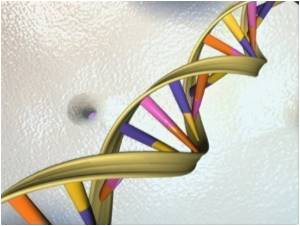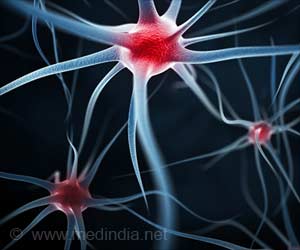A diseased gene in patient-specific induced pluripotent stem cells has been edited by researchers at the Salk Institute for Biological Studies.

"This, when combined with the development of efficient and safe gene editing technologies in human stem cells may greatly help the realization of these expectations," he said.
As envisioned by its earliest proponents, gene therapy introduces a healthy copy of a gene to compensate for a defective one in the patient. But there are still some drawbacks.
The researchers addressed the shortcomings of previously established methods by taking advantage of an iPS-based model of Hutchinson-Gilford progeria, which was recently established in the laboratory of Belmonte.
In addition to iPS cells derived from progeria-patients, the researchers successfully applied their method to adult mesenchymal stem cells, which can differentiate into a variety of cell types, including adipocytes, osteoblasts, chondrocytes, cardiomyocytes, adipocytes, and, as described lately, beta-pancreatic islets cells.
"As a proof of principle, we focused on mesenchymal stem cells because of their extensive use in regenerative medicine," said Belmonte.
Advertisement
The study will be published in the June 3, 2011 issue of 'Cell Stem Cell'.
Advertisement










